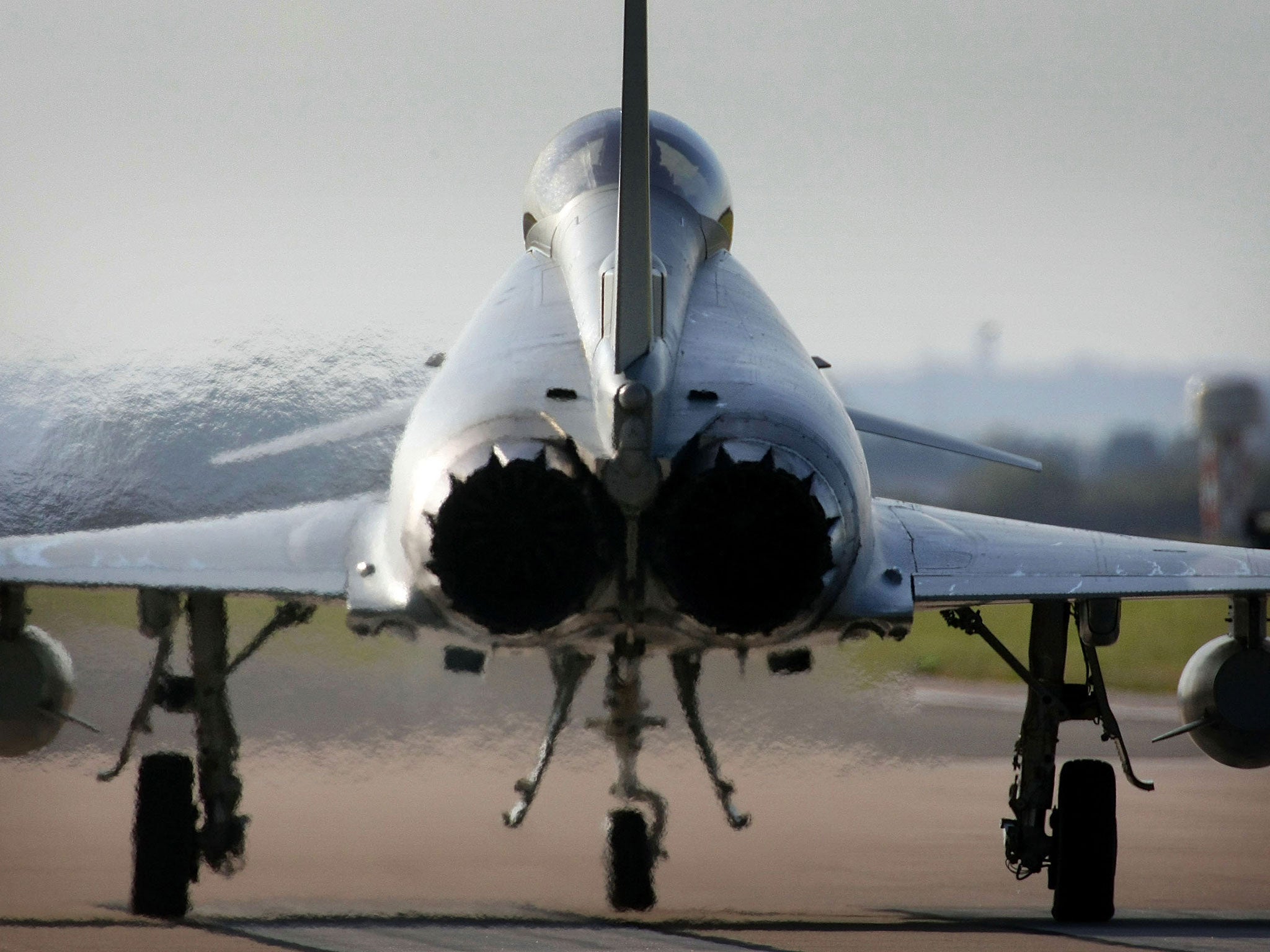War with Isis: New 5,000-strong 'strike brigades' announced as Britain moves closer to military action in Syria
New units, carved out of existing Armed Forces, will be deployed more quickly than conventional forces

Your support helps us to tell the story
From reproductive rights to climate change to Big Tech, The Independent is on the ground when the story is developing. Whether it's investigating the financials of Elon Musk's pro-Trump PAC or producing our latest documentary, 'The A Word', which shines a light on the American women fighting for reproductive rights, we know how important it is to parse out the facts from the messaging.
At such a critical moment in US history, we need reporters on the ground. Your donation allows us to keep sending journalists to speak to both sides of the story.
The Independent is trusted by Americans across the entire political spectrum. And unlike many other quality news outlets, we choose not to lock Americans out of our reporting and analysis with paywalls. We believe quality journalism should be available to everyone, paid for by those who can afford it.
Your support makes all the difference.Ministers will today announce details of a multibillion-pound restructuring of the Armed Forces to deal with unconventional threats such as Isis, as Britain moves closer to military action in Syria.
As part of the Strategic Defence and Security Review, to be published this afternoon, two 5,000-strong rapid “strike brigades” will be set up. The new units, to be carved out of the existing Armed Forces, can be deployed more quickly than conventional forces and be less dependent on logistical support.
They will be backed up by a force of 138 fighter jets that will operate from the UK’s two new aircraft carriers. The plan is to give Britain a similar capability to France, which is using its aircraft carrier to carry out air strikes against Isis in Syria.
However the £178bn investment in defence equipment and support over the next decade is likely to be offset by other cuts. While defence spending overall will increase, much of the money will go to pay to for £20bn-plus cost of replacing Britain’s Trident submarine fleet.
Funding will also be found for nine new Boeing P-8 Poseidon patrol aircraft for maritime surveillance and anti-submarine warfare as well as two new squadrons of Typhoon aircraft. Overall the MoD’s defence equipment budget will rise by £12bn to £178bn.
It was also announced that David Cameron will make the case for air strikes against Isis in Syria when he addresses the House of Commons on Thursday.
The Prime Minister will release a seven-point plan spelling out the legal grounds for war and how Britain will work with countries in the region towards a political solution to the wider Syrian civil war.
Government whips will then lobby Labour MPs to support the plan in the hope of getting cross-party support for a vote on air strikes at the beginning of December.
Downing Street believes that last week’s UN resolution calling for all countries to “combat by all means” the “unprecedented threat” of Isis will make it harder for the Labour leadership to whip its MPs against the vote.
While Labour’s leader, Jeremy Corbyn, is still understood to be opposed to military action, the shadow Chancellor, John McDonnell, said the party’s stance would be decided by the whole Shadow Cabinet. This makes the prospect of Labour MPs being given a free vote more likely as a majority of the party’s frontbenchers are now believed to support the move.
Mr Cameron also won the backing of Crispin Blunt, the Conservative chair of the Foreign Affairs Select Committee, who had previously been critical of the Government plans for strikes.
Mr Blunt wrote in The Guardian that the Paris attacks and the downing of a Russian airliner over Egypt by an Isis bomb had “put urgency behind key international actors who have until now had irreconcilable positions on the future of Syria”. He added talks over a political settlement in Syria had provided encouragement that regional ground forces could be put in place to take control of IS-held areas hit by allied air strikes.
“A month ago, we did not believe the conditions we set could be met. I now do,” he wrote. “It remains for the Prime Minister to demonstrate that our Government is properly focused on how.”
Join our commenting forum
Join thought-provoking conversations, follow other Independent readers and see their replies
Comments